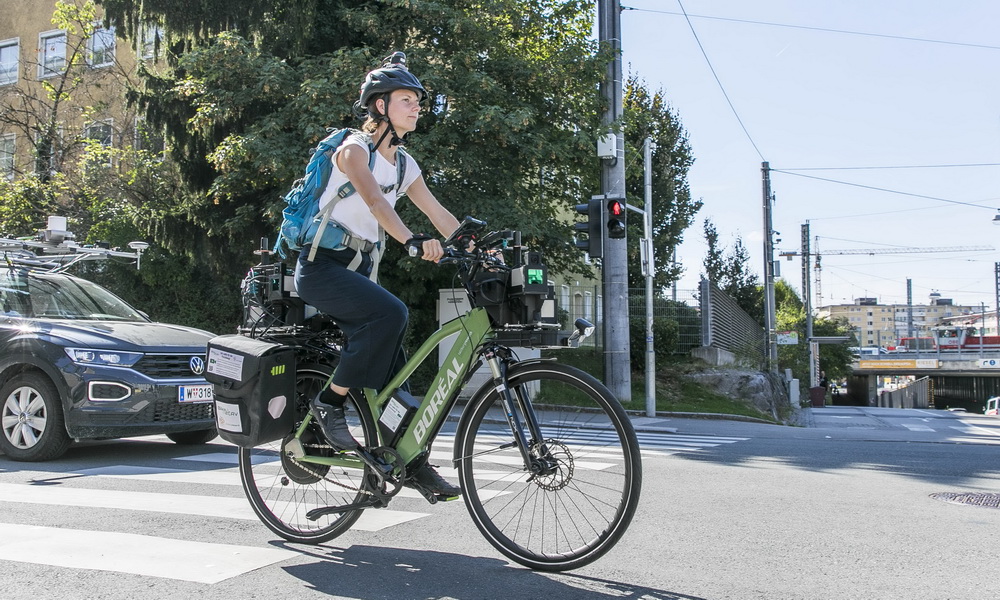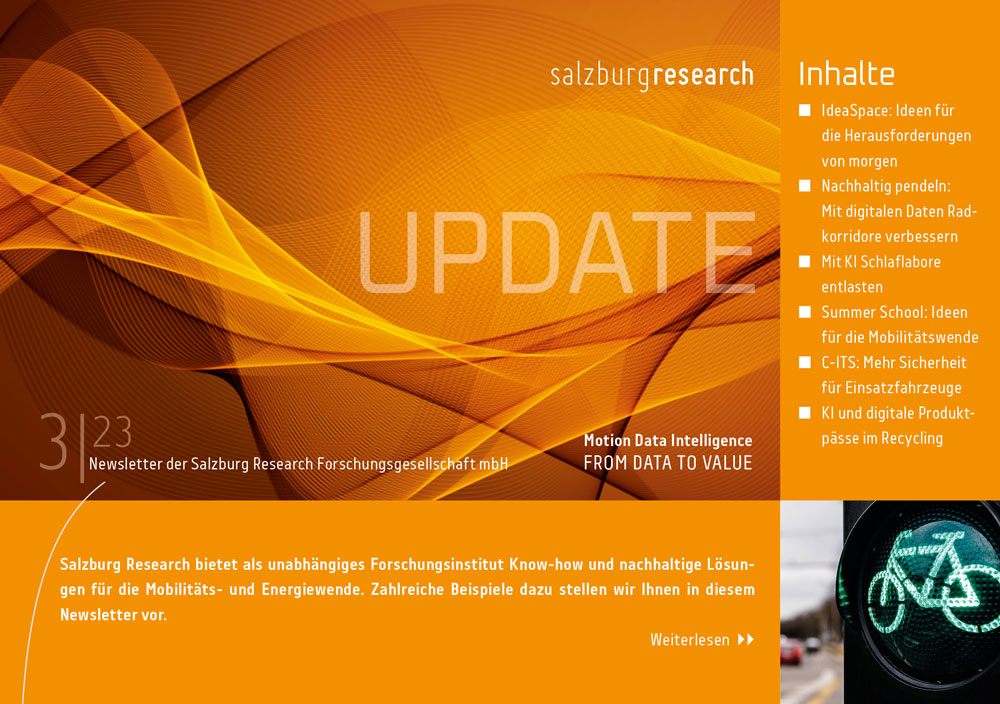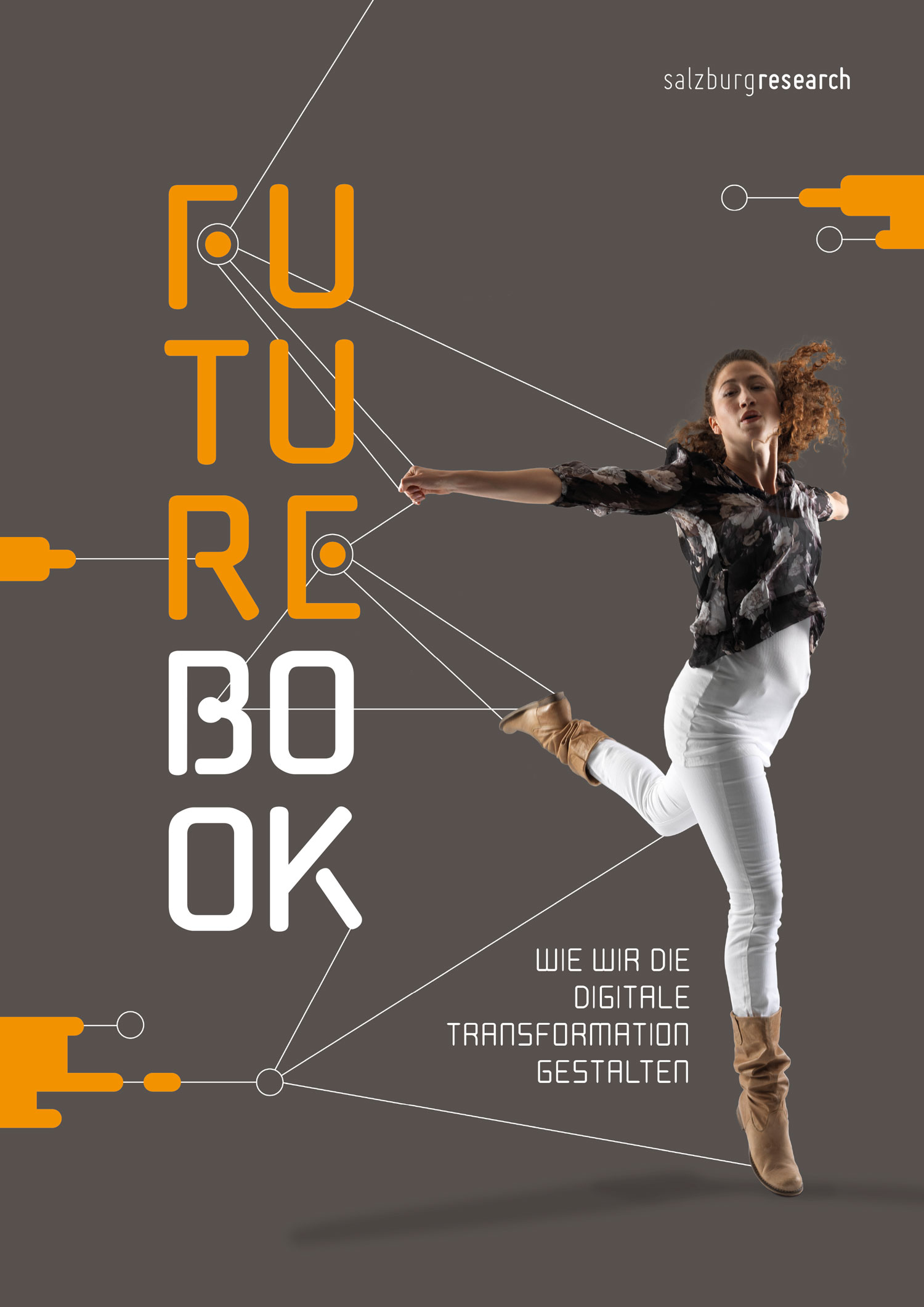ways2navigate – navigation for pedestrians
The aim of ways2navigate is to close effectively information deficit of pedestrians with novel navigation technologies. The project studies with the help of iterative user experiments which conditions and which target groups are suitable for digital map, language and Augmented Reality technology in order to support pedestrians in an urban environment.
»
(e-)Accessibility Watch
With the BarrierefreiheitsChecks accessibility test, tourism providers can find out in a mere five minutes whether their facility is handicapped accessible and what further opportunities and potentials accessible tourism offers for them. In addition, we developed a certification system for the accessibility of accommodation providers.
»
(e-)Access Lab
Lead users and workshops helped identify the individual problems and needs of people with disabilities in the field of skiing. For innovation reports from the workshops and compact case studies please visit the platform www.active4all.eu.
»
ICT-enhanced Equipment Prototyping and Testing
The sporting goods industry often doesn’t gather client and user feedback in a systematic way. Through structuring and electronic processing of the gathered data, this project tries to bridge that gap. The results obtained from this process can be used for future strategic decisions in the field of product development.
»
Open Innovation & Community Tools
In what ways can users join the innovation process in the tourism, sports and leisure industry? To answer this question, we identified and assessed different concepts, methods and applications. In addition, we are monitoring and assessing online communities to identify trends and product ideas in the sports industry.
»
FEMroute – Consideration of gender-specific requirements for mobile services
So far the producers of mobility supporting systems have often used little more than fancy packaging and design to reach out to female customers. The underlying software solutions, however, usually have been remained unchanged. Female-specific factors in spatial perception and navigation were either not considered sufficiently, or not at all. This ignores studies that have shown gender-specific differences concerning orientation and strategies of path-finding.
»
KiWi – Knowledge in a Wiki
KiWi – Knowledge in a Wiki is an EU-funded project (No 211932) combining the wiki philosophy with methods of the Semantic Web, aiming to develop a new approach to knowledge management.
»
peak.AR – Experience the intriguing panorama of the peaks surrounding you
Have you ever wondered “What is the name of that prominent peak over there?” – find the answer simply by taking a look through the camera of your iPhone or Android device.
»
MobiCom – Study on Mobile Communities
A study on how to develop successful mobile communities in the domains of games, learning and health
»
emteba – Emerging Technology Base
The emteba knowledge base addresses users and experts in emerging technology fields. The aim of the emteba platform is to boost the visibility of projects in these areas and contribute to the emerging web of linked data.
»
STERNA – Semantic Web-based Thematic European Reference Network Application
Semantic Web technologies in museums should enhance access to cultural content
»
SNML-SAMY – Single Point of Access Semantic Media Repository Framework
The SAMY project (“Single Point of Access Semantic Media Repository Framework“) deals with typical problems of historically grown media art archives. Its goal is to develop generic solutions based on an open source software framework that supports the functionalities of an asset management system as well as the administration of semantic networks based on an ontology.
»
MobilityLab – Sun Center of Excellence
The MobilityLab is a Center of Excellence on Engineering of Location-based Services (LBS). It is a joint initiative between industry and research. The MobilityLab constitutes a laboratory that strives for improving the engineering process of LBS by conducting research and development on technical as well as methodological issues. It combines concrete industrial needs with scientific results. Ultimately, this will lead to cost-effective and user-friendly mobile or location-based services.
»
Hallein-Tour-Guide – Virtual Tour Knappensteig
Together with the tourism association Hallein und other regional partners Salzburg Research develops a mobile, interactive experiences trail from the city of Hallein up to the Dürrnberg. The area is rich in industrial and cultural heritage (salt mine, Celtic village, pilgrimage church) and represents an attractive natural environment.
»
sAssist – mobile assistive systems for the elderly
Study to evaluate the potential and acceptance of mobile assistive systems for the elderly
»
i-busuu – Language learning on a online social community platform
Innovative solutions for language learning in an online social community
»
EduMedia Conference 2005-2010
Annual conference of Salzburg Research’s EduMedia Group – the meeting point for experts and practitioners in ICT-enhanced learning and training.
»
MOMENT – Monitoring and Measurement in the Next Generation Technologies
A common and open, pan-European platform by confederating participants from various FP5, FP6 and other measurement-related projects.
»







